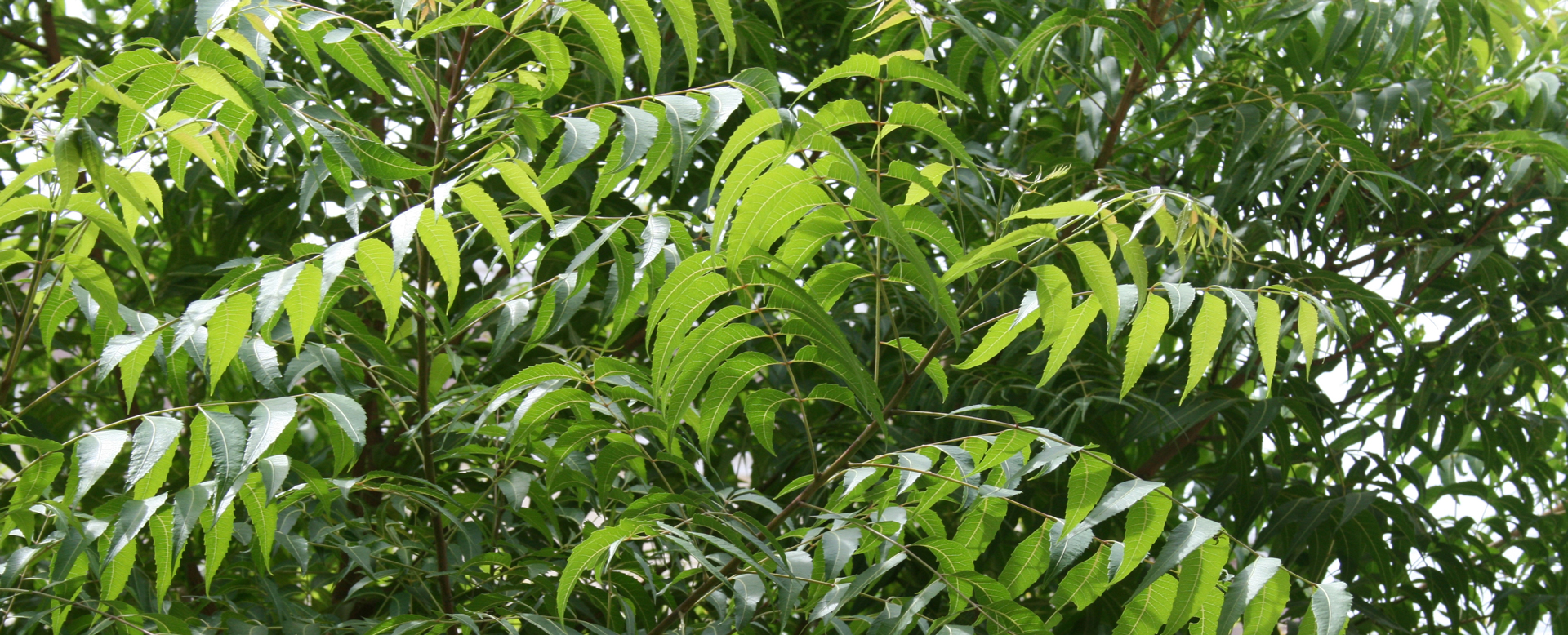Published clinical research on Neem in humans is mostly focused on reduction of oral pathogens in gingivitis and periodontitis, and in the treatment of parasitic infections. Although Neem has become a popular adjunctive antimicrobial to employ in the treatment of small intestinal bacterial overgrowth (SIBO), there are no published clinical trials substantiating the efficacy in intestinal infections or dysbiosis. Perhaps the study that most closely approaches this indication is a 2009 trial that tested the efficacy reducing Streptococcus mutans contamination of the toothbrush with 3% Neem in comparison to 2% triclosan, 0.2% chlorhexidine gluconate and 1% sodium hypochlorite, with distilled water as the control (1).
This was a double-blind, crossover, within-group comparative controlled trial enrolling 40 children 12-15 years old. Toothbrushes were collected after 5 days of use and soaked for 12 hours in the 5 solutions in separate phases. The brushes were then cultured for S. mutans. Mean colony-forming units (CFUs) of S. mutans for distilled water were not significantly different from baseline (p=0.17). The four other disinfecting solutions demonstrated significant reductions in mean CFUs from baseline (p<0.001). The percentage of mean CFUs was highest in the Neem solution (86%).
The fact that Neem had higher efficacy than the other disinfectants is impressive. However, whether this experimental model would translate to small intestine bacterial overgrowth is purely speculative. Yet there is some evidence that Neem exerts favorable effects in the gastrointestinal conditions.
The efficacy of neem bark extract as an antiulcer agent in humans was the subject of a paper published in 2004 (2). Gastric acid secretion was significantly suppressed with administration of neem extract at 30 mg twice daily for 10 days. Treatment with Neem at 30–60 mg twice daily for 10 weeks was also found to nearly completely heal duodenal ulcers. One case of esophageal ulcer and one case of gastric ulcer were also completely healed by the administration of neem bark at 30 mg twice daily for 6 weeks.
Neem is one of the first medicinal plants mentioned in Siddha medicine, which is the oldest medical system known. Although over 300 components have been identified from Neem, only a few have been thoroughly investigated. As we learn more about this tree, its potential therapeutic benefits should be validated. The reported adverse effects of Neem should also be taken into consideration.
Références :
- Balappanavar, A.Y, et al. Oral Health Prev Dent. 2009;7(2):137-45.
- Bandyopadhyay, U., et al. Life Sci. 75, 2867-2878.


